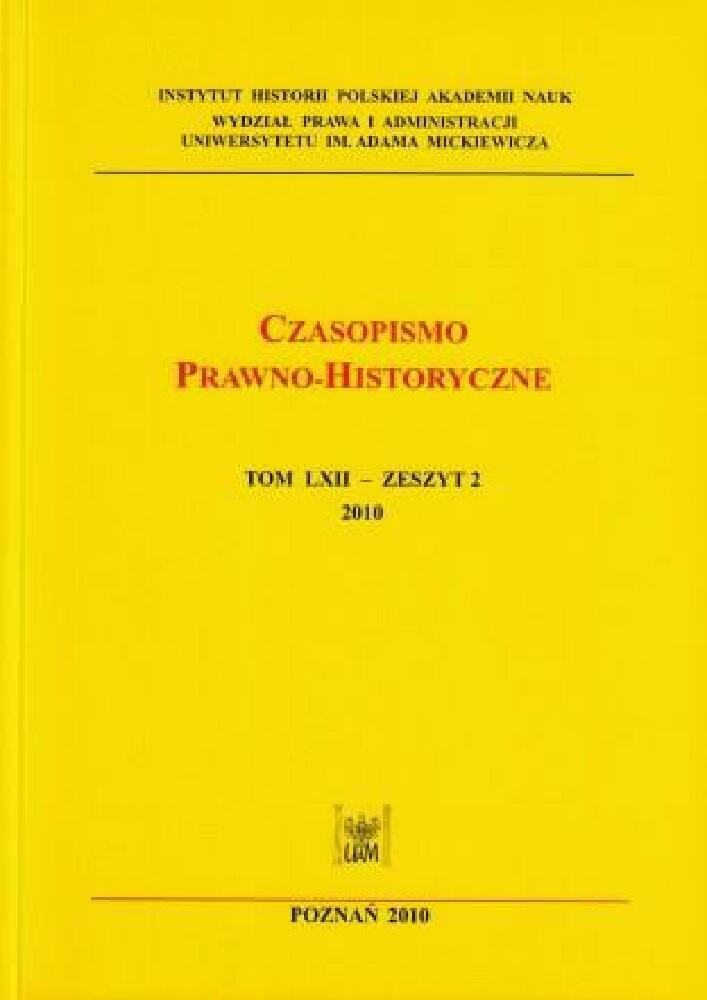Abstrakt
A state is a social creation and as such is vested with certain functions that must be performed in order to satisfy the needs of individuals who constitute a community. One of the fundamental and vital needs of a human being is security. The fulfilment of that need is decisive for an individual and therefore the real, or even only implied, endangerment of one's living, or the living of those to whom one feels close, is particularly painful. The protective function exercised by a state is nothing more than the engagement of relevant measures to maintain security when a certain public good is being endangered. There are different sources of potential threat to a public good. They may be either internal or external. It is the state that must decide about the level and degree of the threat, but that assessment should, at least broadly, correspond to the social attitudes and expectations. Poland is a state that was resuscitated, or reborn, at the turn of October and November of 1918. And yet, even the emergence of a unifonn executive power in Poland did not solve the fundamental problems of the newly independent state for which to maintain the legal and public order was a priority. The increasing destabilisation of the internal situation led to the introduction of an institution of a state of emergency, which has subsequently developed in accordance with the conceptions enclosed in the Constitutions of the Second Republic of Poland. The institution of martial law has followed suit.
Finansowanie
Digitalizacja sfinansowana przez Ministra Edukacji i Nauki w ramach umowy nr BIBL/SP/0002/2023/1
Licencja
Copyright© 2010 Wydział Prawa i Administracji UAM w PoznaniuOPEN ACCESS




